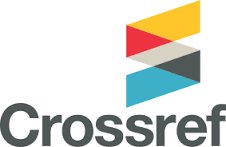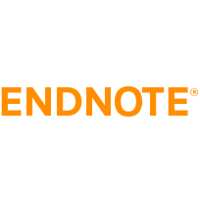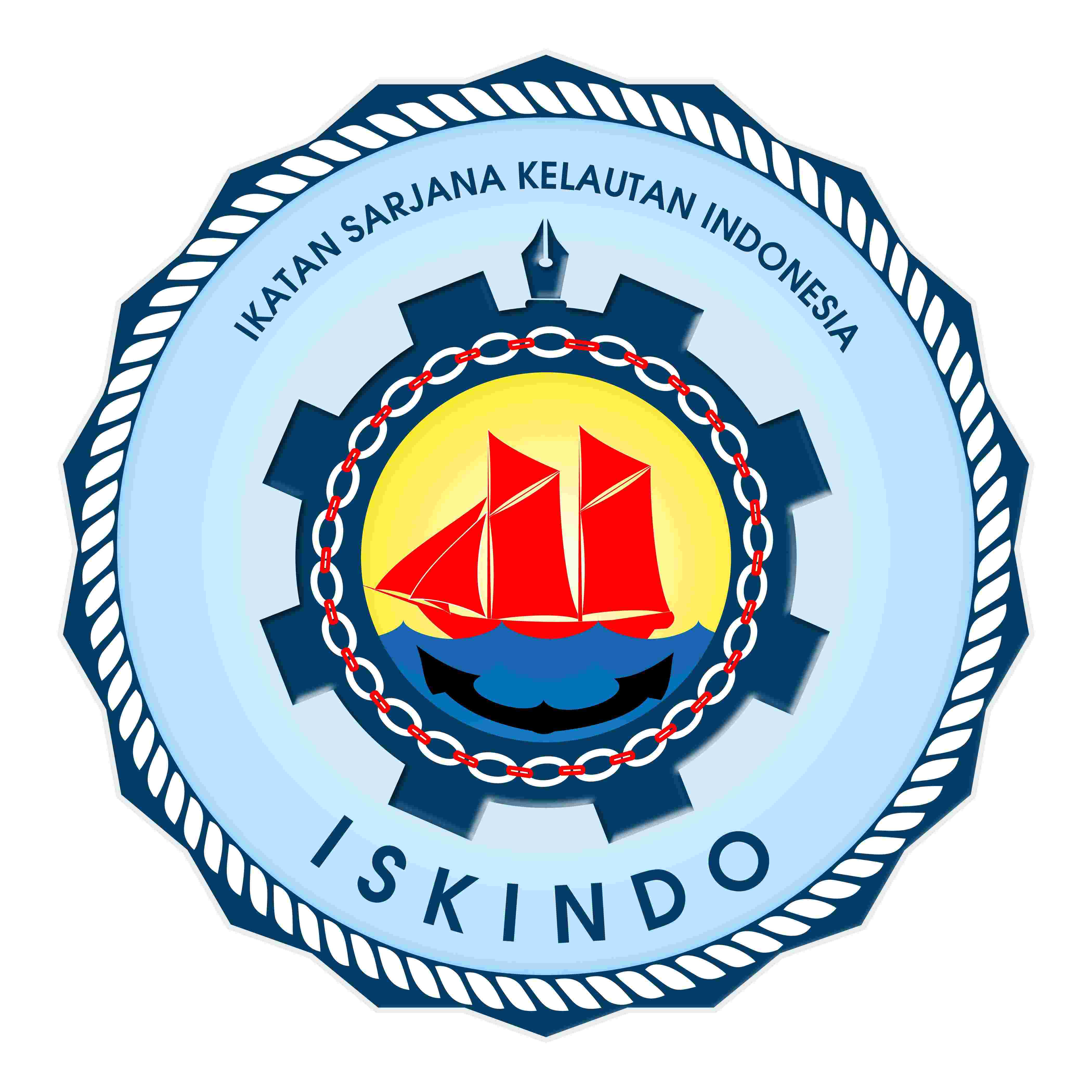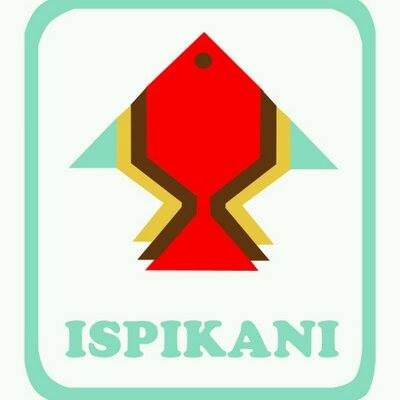About the Journal
Focus and Scope
The Journal of PESISIR DAN LAUT TROPIS accommodates scientific studies in the fields of coastal and marine bio-ecology, hydro-oceanography and coastal morphology, toxicology and pharmaceuticals, studies of biota chemical substances, and other marine biotechnology developments in coastal and marine coverage in tropical areas. Scientific studies can be in the form of research results or critical reviews. This journal is published 3 (three) times a year (February, June, October).
Sinta, Garuda, Google Scholar, and Crossref have indexed the Journal of PESISIR DAN LAUT TROPIS.
Credited JURNAL PESISIR DAN LAUT TROPIS Ranked 4 (Sinta 4) for 2013-2026, based on the Decree of the Ministry of Research, Technology and Higher Education Number: 10/C/C3/DT.05.00/2025 (21 Maret 2025).
Peer Review Process
Anonymous Review
Publication Frequency
Three times a year; Februari, Juni, Oktober
Open Access Policy
The journal provides immediate access to its content on the principle that making research freely available to the public supports a greater global knowledge exchange.
All articles published in the Journal JURNAL PESISIR DAN LAUT TROPIS are distributed under the Creative Commons Attribution-ShareAlike 4.0 International (CC BY-SA 4.0) license and are open to direct access. We follow the Budapest Open Access Initiative (BOAI) definition of open access, which means readers can freely read, download, copy, print, share, link to the full text of the article, or use it for any other lawful purpose.
Publication Ethics
Jurnal Pesisir dan Laut Tropis (JPLT) is a peer-reviewed journal published by the Faculty of Fisheries and Marine Science at Sam Ratulangi University. This journal is available in print and online, respects the publication ethic, and avoids plagiarism. This statement explains the ethical behavior of all parties involved in publishing an article in this journal, including the author, the editor-in-chief, the editorial board, the peer-reviewers, and the publisher (Faculty of Fisheries and Marine Science). This statement is based on COPE Best Practice Guidelines for Journal Editors.
Ethical Guideline for Journal Publication. The publication of an article in a peer-reviewed journal of HALREV is an essential building block in developing a coherent and respected knowledge network. It directly reflects the quality of the authors' work and the institutions that support them. Peer-reviewed articles support and embody the scientific method. It is, therefore, essential to agree upon standards of expected ethical behavior for all parties involved in publishing: the author, the journal editor, the peer reviewer, the publisher, and the society.
Faculty of Fishery and Marine Science Sam Ratulangi University, as the publisher of JURNAL PESISIR DAN LAUT TROPIS, takes its guardianship duties over all publishing stages seriously, and we recognize our ethical behavior and other responsibilities. We are committed to ensuring that advertising, reprint, or other commercial revenue has no impact or influence on editorial decisions. Also, the Faculty of Fishery and Marine Science Sam Ratulangi University and Editorial Board will help communicate with other journals and publishers where this is useful and necessary.
Publication decisions. The editor of the Jurnal Pesisir dan Laut Tropis Review is responsible for deciding which of the articles submitted to the journal should be published. The validation of the work in question and its importance to researchers and readers must always drive such decisions. The editors may be guided by the policies of the journal's editorial board and constrained by such legal requirements as shall then be in force regarding libel, copyright infringement, and plagiarism. The editors may confer with other editors or reviewers when making this decision.
Fair play. The editor evaluates manuscripts for their intellectual content at any time without regard to race, gender, sexual orientation, religious belief, ethnic origin, citizenship, or political philosophy of the authors.
Confidentiality. The editor and any editorial staff must not disclose any information about a submitted manuscript to anyone other than the corresponding author, reviewers, potential reviewers, other editorial advisers, and the publisher, as appropriate.
Disclosure and conflicts of interest. Unpublished materials disclosed in a submitted manuscript must not be used in an editor's research without the author's written consent.
Duties of Reviewers
Contribution to Editorial Decisions. Peer review assists the editor in making editorial decisions and, through the editorial communications with the author, may also assist the author in improving the paper.
Promptness. Any selected referee who feels unqualified to review the research reported in a manuscript or knows its prompt review will be impossible should notify the editor and excuse himself from the review process.
Confidentiality. Any manuscripts received for review must be treated as confidential documents. They must only be shown to or discussed with others as the editor has authorized.
Standards of Objectivity. Reviews should be conducted objectively. Personal criticism of the author is inappropriate. Referees should express their views clearly with supporting arguments.
Acknowledgment of Sources. Reviewers should identify relevant published work that the authors have not cited. Any statement that an observation, derivation, or argument had been previously reported should be followed by the relevant citation. A reviewer should also be aware of any substantial similarity or overlap between the manuscript under consideration and any other published paper they have personal knowledge of.
Disclosure and Conflict of Interest. Privileged information or ideas obtained through peer review must be kept confidential and not used for personal advantage. Reviewers should not consider manuscripts with conflicts of interest resulting from competitive, collaborative, or other relationships or connections with any authors, companies, or institutions connected to the papers.
Duties of Authors
Reporting standards. Authors of reports of original research should present an accurate account of the work performed and an objective discussion of its significance. Underlying data should be represented accurately in the paper. A paper should contain sufficient detail and references to permit others to replicate the work. Fraudulent or knowingly inaccurate statements constitute unethical behavior and are unacceptable.
Data Access and Retention. Authors are asked to provide the raw data in connection with a paper for editorial review. If practicable, they should be prepared to provide public access to such data (consistent with the ALPSP-STM Statement on Data and Databases). They should be prepared to retain such data for a reasonable time after publication.
Originality and Plagiarism. The authors should ensure that they have written entirely original works, and if the authors have used the work and words of others, that this has been appropriately cited or quoted.
Multiple, Redundant, or Concurrent Publication. An author should refrain from publishing manuscripts describing the same research in various journals or primary publications. Submitting the same manuscript to multiple journals concurrently constitutes unacceptable publishing behavior.
Acknowledgment of Sources. Proper acknowledgment of the work of others must always be given. Authors should cite publications that have influenced the nature of the reported work.
Authorship of the Paper. Authorship should be limited to those who have contributed significantly to the conception, design, execution, or interpretation of the reported study. All those who have made significant contributions should be listed as co-authors. Where others have participated in certain substantive aspects of the research project, they should be acknowledged or listed as contributors. The corresponding author should ensure that all appropriate co-authors and no inappropriate co-authors are included in the paper and that all co-authors have seen and approved the final version of the paper and have agreed to its submission for publication.
Disclosure and Conflicts of Interest. All authors should disclose in their manuscript any financial or other substantive conflict of interest that might be construed to influence the results or interpretation of their manuscript. All sources of financial support for the project should be disclosed.
Fundamental errors in published works. When an author discovers a significant error or inaccuracy in their published work, the author should promptly notify the journal editor or publisher and cooperate with the editor to retract or correct the paper.
=====================
Erly Y. Kaligis
Editor-in-Chief,


















